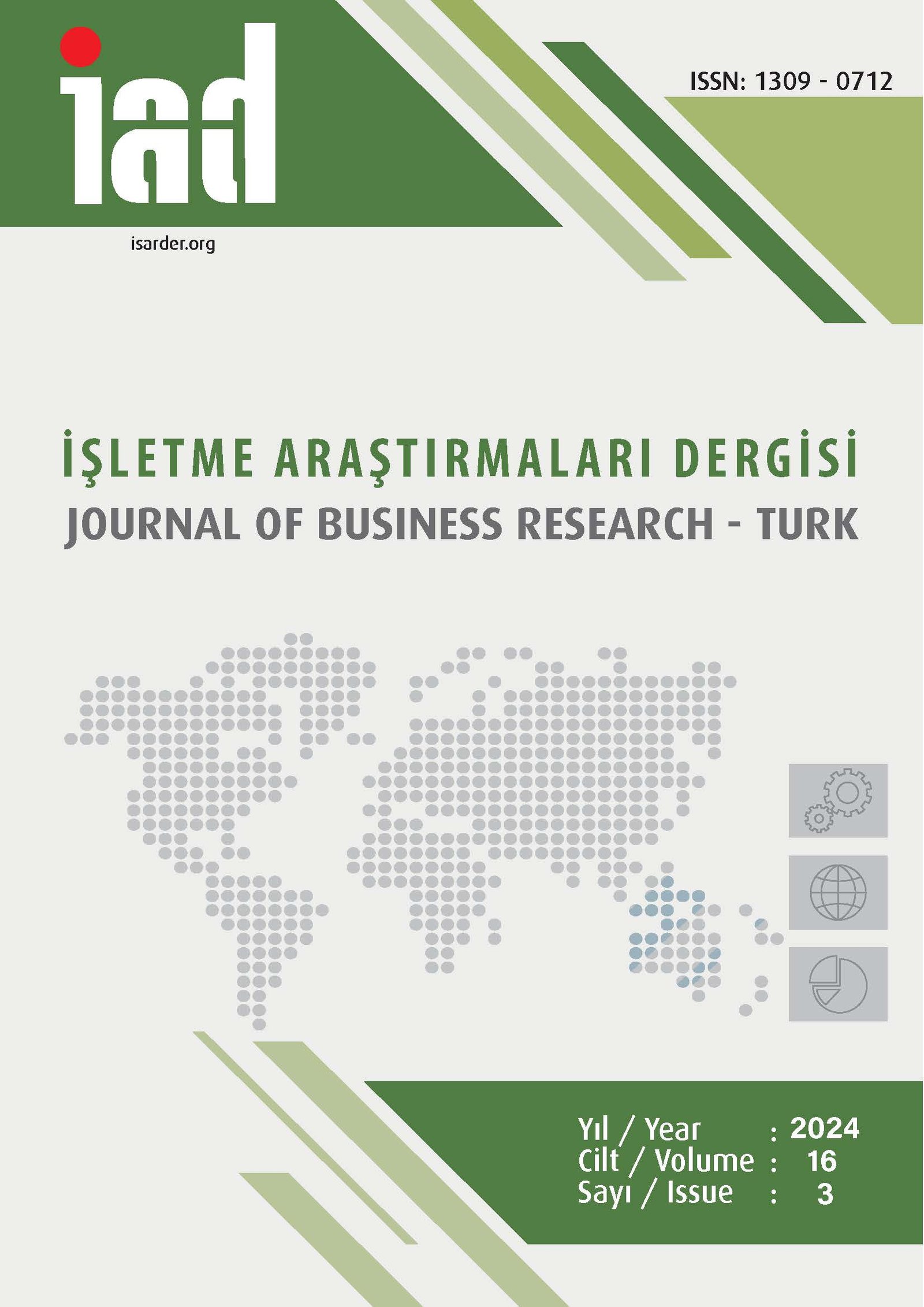Exploring the Moderating Effect of Institutional Quality on the Nexus between Remittances and Financial Development: A Comprehensive Analysis
DOI:
https://doi.org/10.20491/isarder.2024.1865Anahtar Kelimeler:
Remittances- Financial DevelopmentÖzet
Purpose – The purpose of this paper is to analyse the moderating effect of institutional quality on the relation between remittances and financial development in low-income economies. The long-term and short-term effects of remittances on financial development have been investigated. Design/methodology/approach – World Bank country classification is considered to categorize low-income countries. These nations are characterized as having Gross National Income (GNI) per capita falling under the threshold of $1,085. 17 countries are included in the dataset spanning the years 2002 to 2022. Panel Autoregressive Distributed Lag Pooled Mean Group (ARDL-PMG) approach is used in this study. Using the PMG approach allows for distinct analysis of long-term and short-term dynamics. Findings – According to the findings obtained from the PMG estimator, institutional quality serves as a moderating factor in the nexus between remittances and long-term financial development. These findings indicate that in nations with robust institutional frameworks, remittances are channelled more effectively and promptly towards bolstering financial development, in contrast to regions with weaker institutional structures. Furthermore, it is noted that institutional quality demonstrates a positive correlation with long-term financial development. However, these conclusions do not hold in the short term. Discussion – The results of this study align with the findings reported in the previous literature. By using the ARDL-PMG model and by considering low-income countries, an important contribution is made to the financial development literature.
İndir
Yayınlanmış
Nasıl Atıf Yapılır
Sayı
Bölüm
Lisans

Bu çalışma Creative Commons Attribution-NoDerivatives 4.0 International License ile lisanslanmıştır.





